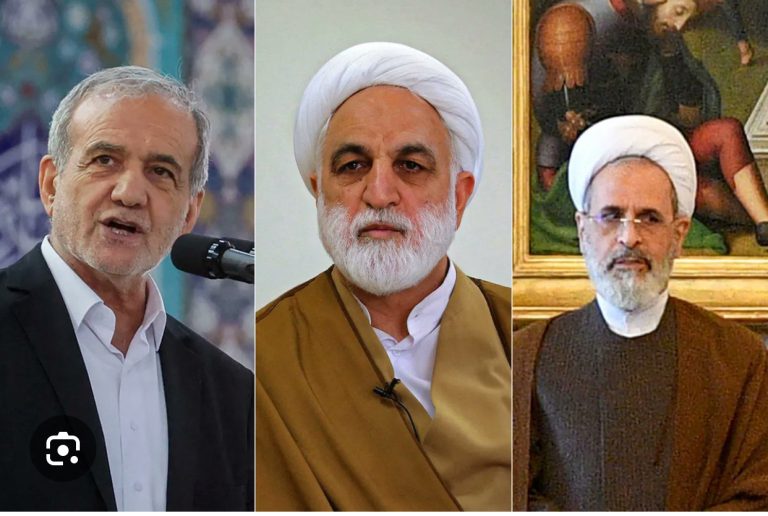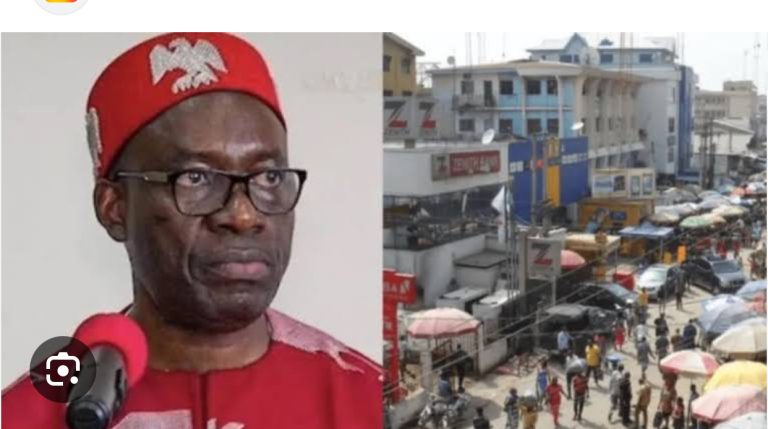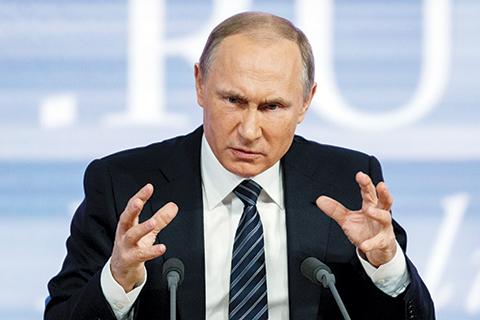
Nigeria’s 2025 federal budget may face significant pressure as the country’s premium crude blend, Bonny Light, dipped below the government’s official benchmark of $75 per barrel, selling for around $71 per barrel in global markets.
The drop in price comes amid a broader decline in global oil prices, triggered by a new wave of OPEC+ output increases aimed at reclaiming market share rather than preserving prices. Oil remains the backbone of Nigeria’s economy, accounting for 80% of foreign exchange earnings and over 50% of government revenue.
The 2025 national budget was constructed on the assumption of:
- Crude oil price: $75 per barrel
- Production volume: 2.06 million barrels per day
With current Bonny Light prices hovering $4 below the benchmark, revenue shortfalls are likely if the trend persists. The government may also face currency pressures, reduced spending capacity, and higher borrowing requirements if earnings fall below projections.
OPEC+ Strategy: Output Over Prices
OPEC+ has announced plans to increase production by 137,000 barrels per day starting October, as part of an earlier decision to restore 2.2 million barrels per day in phased hikes through September 2026.
The move is part of a shift from price control to market share dominance, especially in the face of competition from U.S. shale producers and non-compliant OPEC+ members like Kazakhstan.
While the bloc claims the increases can be paused or reversed depending on market conditions, market confidence is already shaken, contributing to bearish oil sentiment.
Price Outlook Remains Grim
Goldman Sachs has warned that Brent crude the global benchmark could fall to the low $50s per barrel in 2026 if oversupply continues and global demand weakens further.
With Nigeria’s Bonny Light, Forcados, and Qua Iboe grades closely linked to Brent, a further drop in Brent prices would amplify the revenue threat.
Ironically, Nigeria has made recent gains in output, exceeding its 1.5 million barrels per day quota in June and July 2025 due to policy reforms and renewed investments in the oil sector.
The country is lobbying OPEC for a higher quota, targeting a sustainable rise to 2 million barrels per day by 2027. However, if global prices continue to drop, higher production alone may not offset revenue losses.
What This Means for Nigeria
- Budget adjustments: If prices stay low, Nigeria may need to revise the budget mid-year or seek external borrowing.
- Forex pressure: Lower oil earnings could strain the naira and fuel inflation.
- Debt outlook: Reduced revenue could affect Nigeria’s ability to service debt or finance capital projects.
- Investor caution: Oil price volatility may dampen investor interest in upstream and midstream projects.



